Hospital Medicine
Medical Education
Quality Improvement/Patient Safety
Trainee
Improv(e) Your Clinical and Team Communication Skills with Improv
-
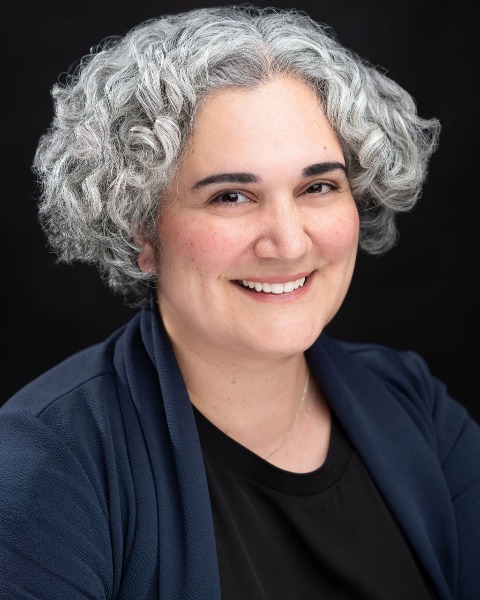
Sahar Rooholamini, MD, MPH (she/her/hers)
Associate Professor of Pediatrics; Assistant Dean, Faculty Recruitment and Retention
Pediatrics
University of Washington and Seattle Children's Hospital
Seattle, Washington, United States -

Sahar Rooholamini, MD, MPH (she/her/hers)
Associate Professor of Pediatrics; Assistant Dean, Faculty Recruitment and Retention
Pediatrics
University of Washington and Seattle Children's Hospital
Seattle, Washington, United States -
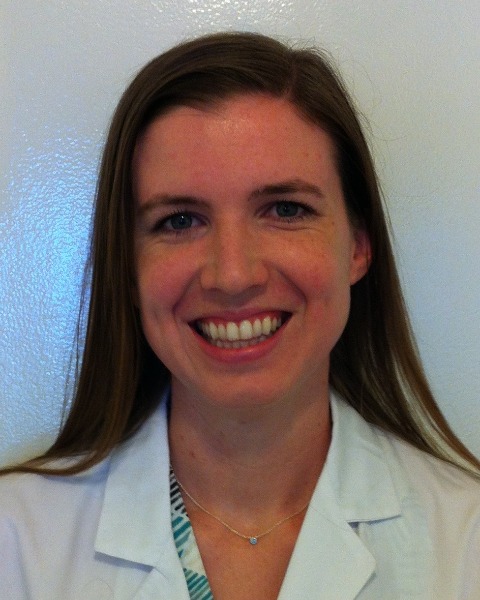
Sarah Gustafson, MD (she/her/hers)
Associate Professor of Pediatrics
UCLA David Geffen School of Medicine
Los Angeles, California, United States -
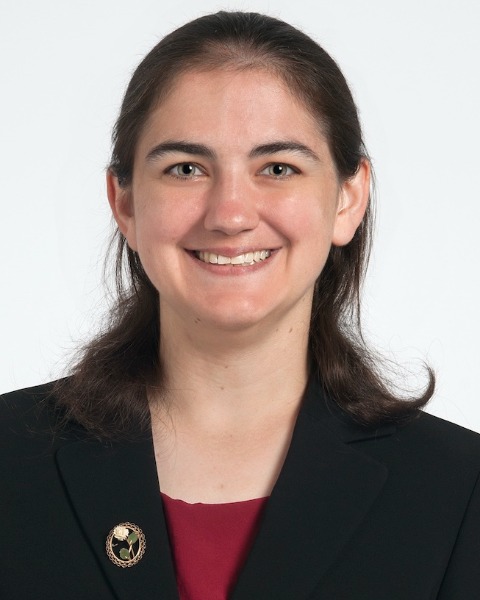
Jessica Jones, MD (she/her/hers)
Pediatric Hospital Medicine Fellow
University of Washington, Washington, United States -

David Mahoney, MD (he/him/his)
Pediatric Hospital Medicine Fellow
Seattle Children's
Seattle, Washington, United States -
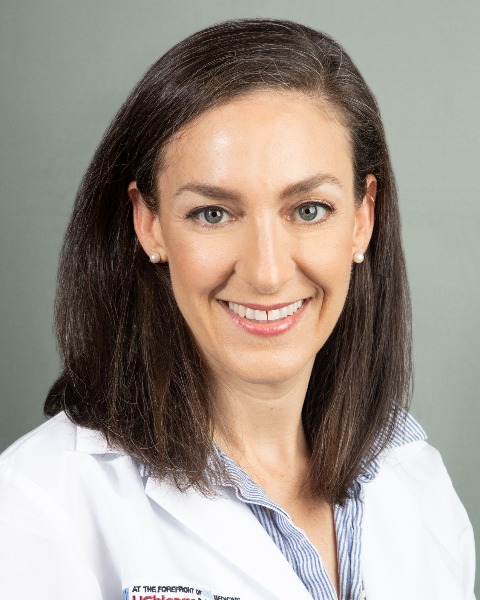
Nicola Orlov, MD MPH
Associate Professor of Pediatrics
University of Chicago Pritzker School of Medicine
Chicago, Illinois, United States -
AS
Amit Singh, MD (he/him/his)
Pediatric Hospitalist Attending/Associate Professor of Pediatrics
Cook Children's Medical Center/Anne Burnett Marion School of Medicine at Texas Christian University, United States -
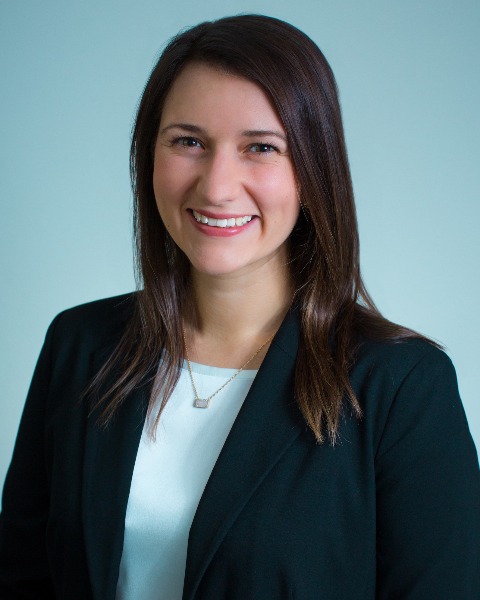
Rachel Welch, MD (she/her/hers)
Pediatric Hospital Medicine Fellow
University of Washington School of Medicine/Seattle Children's Hospital
Seattle, Washington, United States -
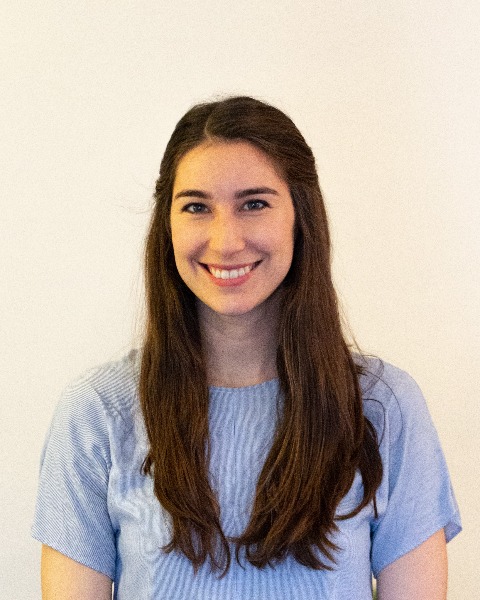
Florence Lambert-Fliszar, MD (she/her/hers)
Pediatric Hospital Medicine Fellow
University of Washington
Seattle, Washington, United States -
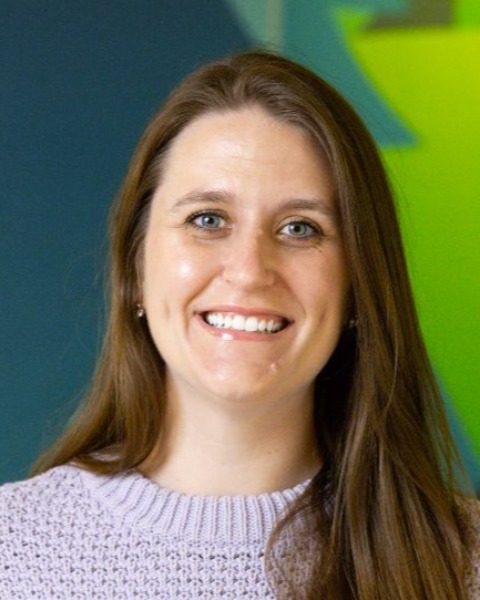
Alaina Shine, MD (she/her/hers)
Assistant Professor
Seattle Children's
Seattle, Washington, United States -
.jpg)
Scott Moerdler, MD (he/him/his)
Associate Professor of Pediatric Hematology Oncology
Rutgers Cancer Institute, New Jersey, United States -
SR
Shawn Ralston, MD,MA,MS
Professor
University of Washington School of Medicine
Seattle, Washington, United States
Leader(s)
Co-Leader(s)
Workshop Description: Medical improvisation (improv) has been promoted as a tool to strengthen communication and relational skills necessary for effective clinical teamwork and leadership, including empathy, active listening, collaboration, and authenticity in interpersonal interactions. In this workshop we will provide a brief overview of the literature on medical improv, discuss the rules of improv, and then spend the majority of time engaged in interactive, facilitated exercises with all participants. We will start with an icebreaker and then move into 3 improv exercises in small groups, each followed by a debrief. Each exercise has been selected for its relevance to clinical care and communication skill development and is designed to be done in groups of 8-10 individuals, except for the icebreaker which can be done in larger groups of up to 20 people. Improv exercises will be introduced with a description and a brief nod to their intent; however, most of the teaching points will be made during the debrief and group reflection following each activity. At the conclusion of the workshop, participants will receive concise summaries of the improv exercises and a list of resources to further their knowledge of medical improv and replicate the exercises at their home institutions.
Learning Objectives:
- Identify the benefits of medical improv for clinicians and clinical teams
- Distinguish the goals and function of different improv exercises to augment verbal and nonverbal communication in clinical scenarios
- Apply individual and group learnings from improv exercises to their home clinical setting

